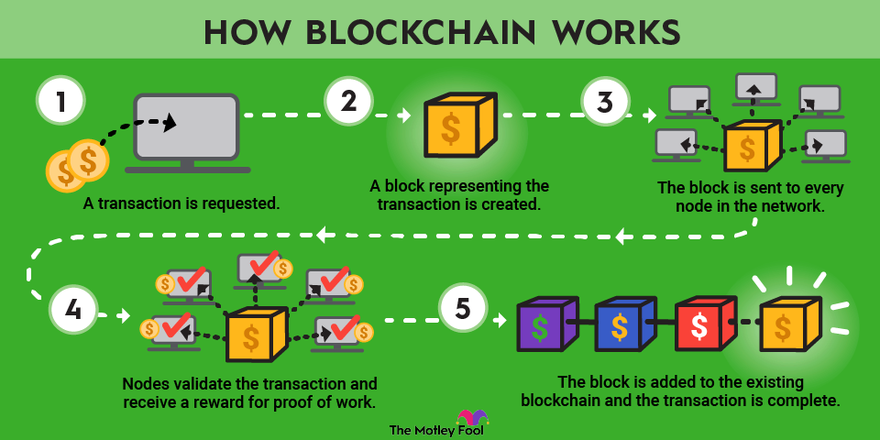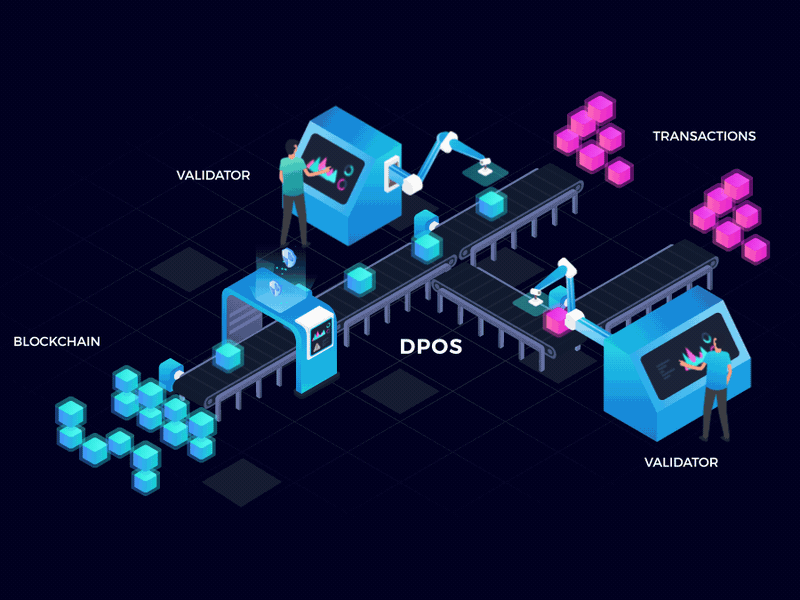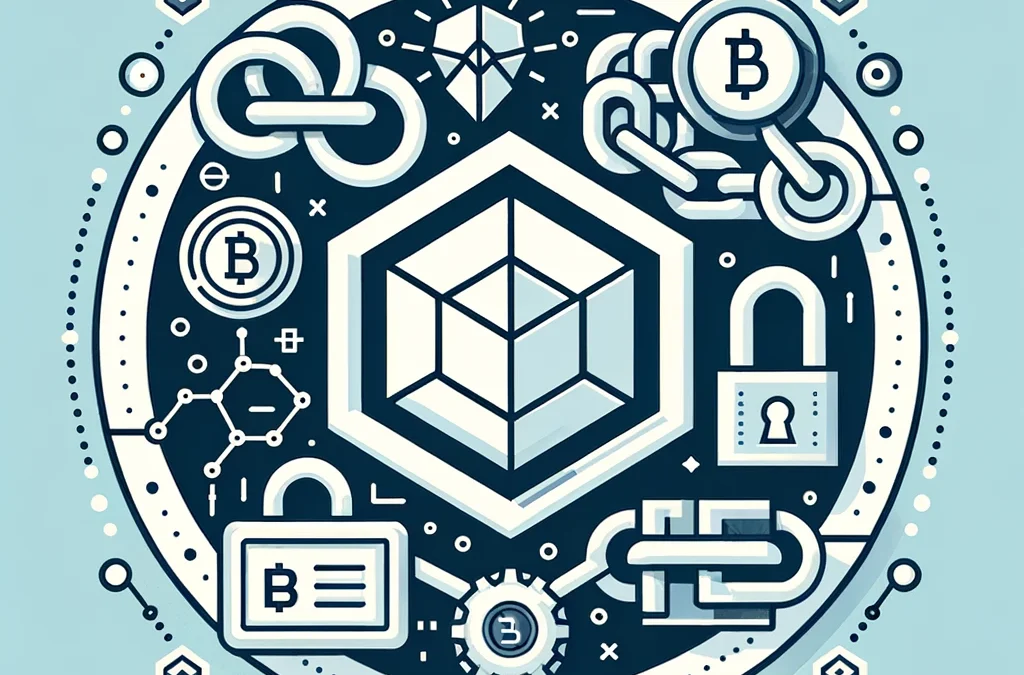In a world where data drives decisions, ensuring its integrity and security is crucial. Blockchain technology emerges as a key player in enhancing data validation and transparency across various industries. This blog delves into the how blockchain technology enhances data integrity, focusing on sectors like finance, healthcare, and supply chain management.
Understanding Blockchain Technology
Blockchain is a digital ledger technology that records transactions across multiple computers in such a way that the registered transactions cannot be altered retroactively. This technology underpins cryptocurrencies like Bitcoin and Ethereum.

Key Features of Blockchain Technology
Immutability
- Unchangeable Records: Once a transaction is recorded on the blockchain, it cannot be altered or deleted. This permanence ensures data integrity and builds trust among users.
- Audit Trails: The immutability of blockchain provides a clear and verifiable history of transactions, crucial for audits and regulatory compliance.
Transparency
- Visibility to Participants: All participants on the blockchain have access to the same ledger versions, providing unparalleled transparency.
- Traceability: This feature is particularly beneficial for supply chain management, where the history and journey of a product can be tracked transparently.
Decentralization
- No Central Authority: By distributing its operations across a network of computers, blockchain eliminates the risk of centralized control and potential corruption.
- Resilience to Attacks: This distributed nature makes blockchain more resilient to cyberattacks and technical failures, as compromising one block or node does not impact the integrity of the entire chain.
Consensus Mechanisms
- Validation of Transactions: Blockchain uses consensus models like Proof of Work (PoW) or Proof of Stake (PoS) to validate transactions. These mechanisms ensure that all participants agree on the ledger’s state, further enhancing trust and security.
- Democratization of Operations: Consensus mechanisms allow blockchain to operate in a democratic manner, where changes must be agreed upon by a majority of participants.
Smart Contracts
- Automated Agreements: Blockchain can execute contracts automatically when predetermined conditions are met. Known as smart contracts, they eliminate the need for intermediaries and speed up transactions.
- Versatility: Smart contracts are used in various applications, from automatic payments to supply chain management.

LOADING COOL BLOG NOW…
Blockchain’s Impact in Key Industries
Now that we’ve covered the basics of how blockchain technology enhances data integrity, let’s look at some key industries that utilize this tech:
Finance
- Secure Transactions: Blockchain’s role in fraud reduction and error minimization.
- Enhanced Transparency: How blockchain validates financial records and expedites transactions.
Healthcare
- Protecting Patient Data: Securing sensitive information and enabling authorized data sharing.
- Integrity in Clinical Trials: Ensuring reliable research data through blockchain validation.
Supply Chain Management
- Ensuring Authenticity: Tracking product journey from origin to consumer.
- Efficiency and Transparency: Real-time data access and reduction in counterfeit goods.
How Blockchain Technology Enhances Data Validation
Authenticating Data Sets:
- Ensuring Integrity: Blockchain technology plays a pivotal role in validating the accuracy and integrity of data sets used in research. By creating immutable records, researchers can rely on the authenticity of the data.
- Eliminating Data Tampering: The immutability feature of blockchain significantly reduces the risks of data manipulation, ensuring that the research findings are based on genuine data.

Navigating Challenges in Blockchain Integration
Complexity and Scalability:
- Technical Complexity: The advanced technology behind blockchain can be complex to implement and integrate with existing systems. This requires skilled professionals and significant resources.
- Scalability Concerns: As blockchain networks grow, they face challenges in handling large volumes of transactions efficiently. Addressing scalability is crucial for blockchain’s broader adoption in data science.
Need for Standardization:
- Universal Protocols: The development of universal blockchain protocols is imperative to ensure interoperability among different systems and networks. This would facilitate seamless integration and broader application of blockchain technology in various fields.
- Regulatory Frameworks: Establishing standardized regulatory frameworks can help navigate the legal complexities associated with blockchain, particularly in data-sensitive areas like finance and healthcare.
Conclusion
Blockchain’s potential in ensuring data integrity is immense and largely untapped. As industries increasingly rely on data, integrating blockchain can lead to more secure and transparent practices, paving the way for reliable data-driven decision-making.
If you want to follow more blogs check out the links below! We also have a free E-book that gives greater detail on the technical aspects of Data Integration!

“Taking the busyness out of business“
OUR SOCIALS
A REST API (Representational State Transfer Application Programming Interface)

Free E-book
Check out our free E-book for more info below!
A REST API (Representational State Transfer Application Programming Interface)
More Blog Content!
- Time Saving eCommerce Hack 2025Wrapping Up Our 2024 Year Time Saving eCommerce Hack 2025 Whether you’re running an eCommerce store, managing inventory, or handling complex workflows, the systems… Read more: Time Saving eCommerce Hack 2025
- Out of the Box Versus Custom IntegrationWrapping Up Our 2024 Year Out of the Box Versus Custom Integration Integration is key to keeping your business operations smooth and efficient. Whether… Read more: Out of the Box Versus Custom Integration
- Wrapping Up Our 2024 YearWishing You a Joyful Holiday Season from DataAutomation…


Recent Comments